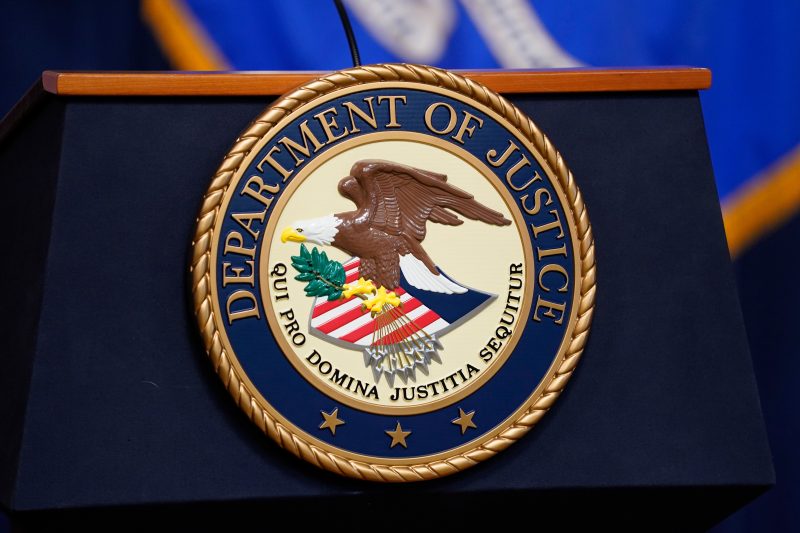Gag Orders Are Still Hampering Federal Whistleblowers, Agency Warns
The issue of gag orders placed on federal whistleblowers continues to be a significant concern within government agencies, hindering the ability of individuals to speak out about wrongdoing they may have witnessed. The Office of Special Counsel (OSC) has recently raised a warning flag about the detrimental impact these gag orders have on accountability and transparency within federal organizations.
The OSC, an independent federal agency responsible for protecting whistleblowers and investigating allegations of retaliation, has reported that gag orders are persistently used to silence federal employees who raise concerns about misconduct, waste, or abuse. These orders often take the form of non-disclosure agreements or other restrictions that prevent whistleblowers from discussing their experiences with anyone outside of the agency.
The consequences of these gag orders are far-reaching. By limiting the ability of whistleblowers to report misconduct or seek assistance from external entities, these restrictions create a culture of secrecy and fear within government agencies. Whistleblowers who feel unable to come forward may be more likely to remain silent, allowing wrongdoing to go unchecked and potentially harming the public interest.
Furthermore, gag orders can also have a chilling effect on other employees who witness misconduct but are deterred from speaking out due to fear of retaliation or legal consequences. This lack of transparency not only undermines accountability but also erodes trust in the government and its ability to self-regulate.
The OSC’s warning underscores the urgent need for reform in how federal agencies handle whistleblowers and address allegations of misconduct. To promote a culture of openness and accountability, agencies should review and revise their policies regarding gag orders, ensuring that employees are not unduly restricted from reporting wrongdoing or seeking assistance.
Additionally, Congress and other oversight bodies must provide stronger protections for whistleblowers and ensure that individuals who come forward with concerns are shielded from retaliation. By strengthening whistleblower protections and dismantling barriers to transparency, the government can better fulfill its duty to serve the public interest and uphold the principles of good governance.
In conclusion, the issue of gag orders placed on federal whistleblowers is a serious impediment to accountability and transparency within government agencies. Addressing this problem requires a concerted effort from agencies, lawmakers, and oversight bodies to reform policies, strengthen protections, and promote a culture that encourages openness and ethical behavior. Failure to do so not only undermines the integrity of government operations but also jeopardizes the public trust in its ability to serve the common good.


























